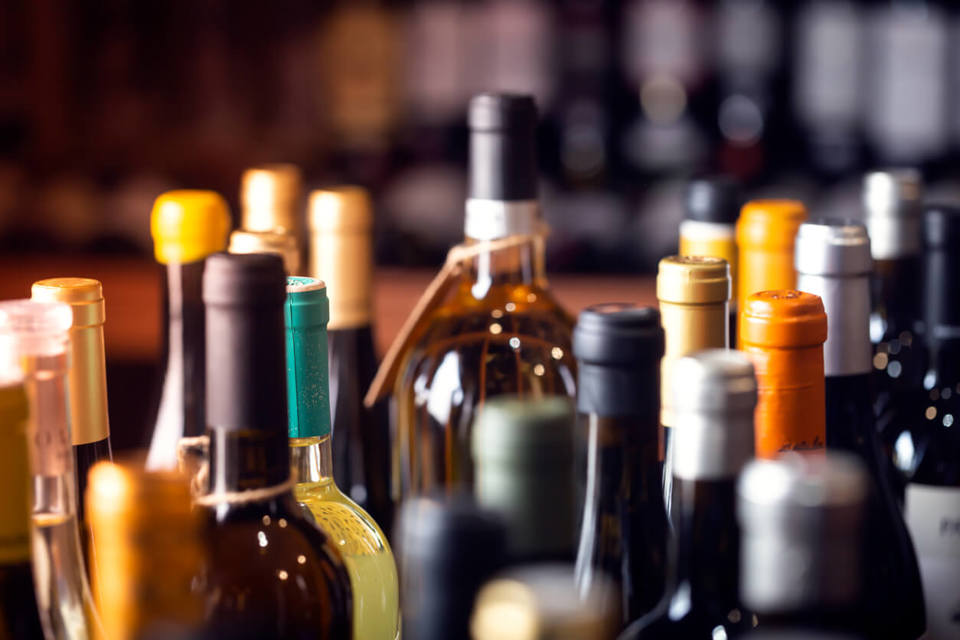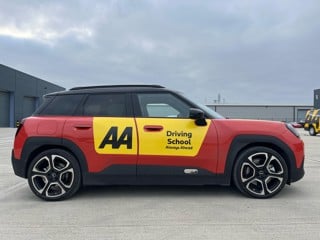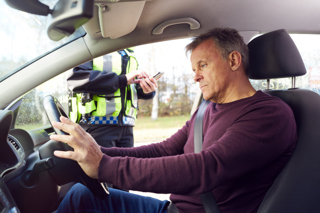Almost a fifth of drivers (19%) have driven the morning after a night of heavy drinking, even when they think they could have been over the limit, according to a new AA Populus survey.
Half of drivers (54%) though do try to avoid drink driving by agreeing a designated driver before a night out.
The survey also highlights the tactics drivers employ to try to counter being over the limit the morning after, such as, drinking lots of water or having a fry-up.
Women are more likely than men to agree a designated driver beforehand (58% to 52%). Likelihood to do this also increases with age; 43% of 18-24 year olds say that they would agree a designated driver before going out for the evening to an occasion involving drinking alcohol, increasing to 58% of those aged 65 and over.
Members living in London are the least likely to agree a designated driver beforehand (40%), and are the most likely to plan to use public transport or taxis (39%).
Drivers in the East of England (61%) and the South West (60%) are most likely to agree a designated driver beforehand.
Edmund King, AA president, said: “It is encouraging to see that many people are choosing to select a designated driver before a night out but it’s really important that they also consider arrangements for the morning after too.
Alcohol levels in the body can still mean that drivers are over the limit the following morning and we want to ensure that people are fully aware of this when they are making the decision whether or not to get behind the wheel.
The AA survey also showed that people try various approaches the morning after heavy drinking to attempt to alleviate a hangover.
The most popular tactic amongst more than one third (37%) of drivers is to drink lots of water, while almost half of younger drivers aged 18-24 years old will have a fried breakfast (45%).
However, although some doctors have indicated that these techniques may help sooth a hangover, it is less clear that they reduce alcohol levels more quickly. Therefore, Pernod Ricard UK and the AA recommend that if people are going to drive, even early the next day, then they should not drink.
King continued: “There are many urban myths and rituals used to try to counter hang-overs and reduce blood alcohol levels but the only save method is to drink less or give adequate time for the alcohol to leave your system.
“The same penalties, such as minimum year’s ban, for drink driving apply the morning after as they do the night before.”
To help provide guidance for drivers about these dangers, this year’s Christmas drink driving campaign from the AA and Pernod Ricard UK will be fronted by a brand from the company’s portfolio for the first time; Jameson Irish Whiskey.
The decision was made in order to target the Jameson brand’s young adult audience, by delivering the serious nature of the message in a visually engaging way.
The drink driving campaign is digitally-focused and exclusively aimed towards 18-34 year old men.
The message will reach this key audience through targeted buying; focusing on consumers whose internet behaviour demonstrates their interest in pubs, clubs and going out – making them an ideal audience to highlight a responsible drinking message from Jameson.
Denis O’Flynn, managing director of Pernod Ricard UK, said: “This year we are using the Jameson brand to grab the attention of young adults who may be tempted to drink-drive.
“It’s clear that a lot of people are making the right choices but often they don’t realise the dangers of driving in the morning after a night of festivities.
“The Christmas period is a key time for our trade customers and they can also play a role in encouraging people to make sensible decisions when it comes to driving.
“We would suggest implementing simple ideas in pubs and bars, such as having a local taxi list accessible on the bar or allowing customers to leave their car in the car park overnight, to collect later the following day.”





















Login to comment
Comments
No comments have been made yet.